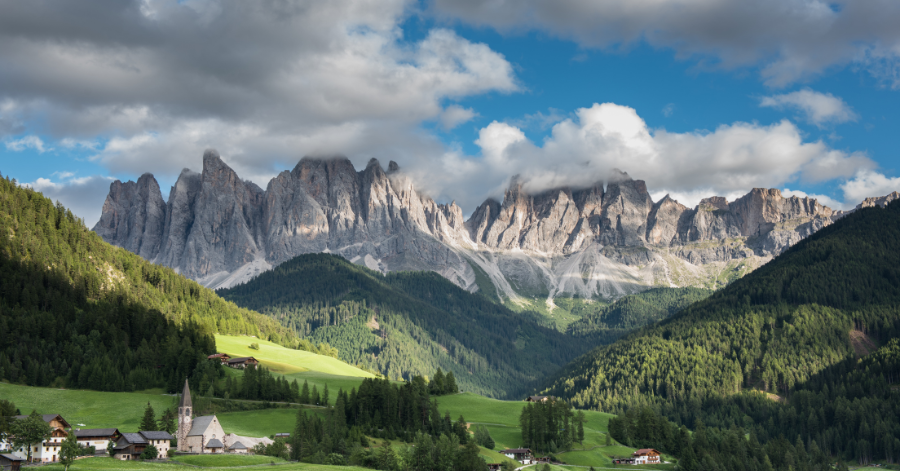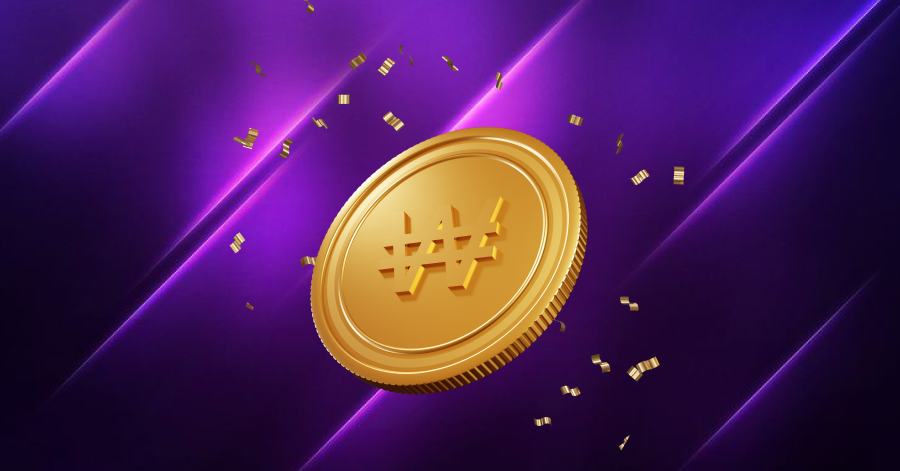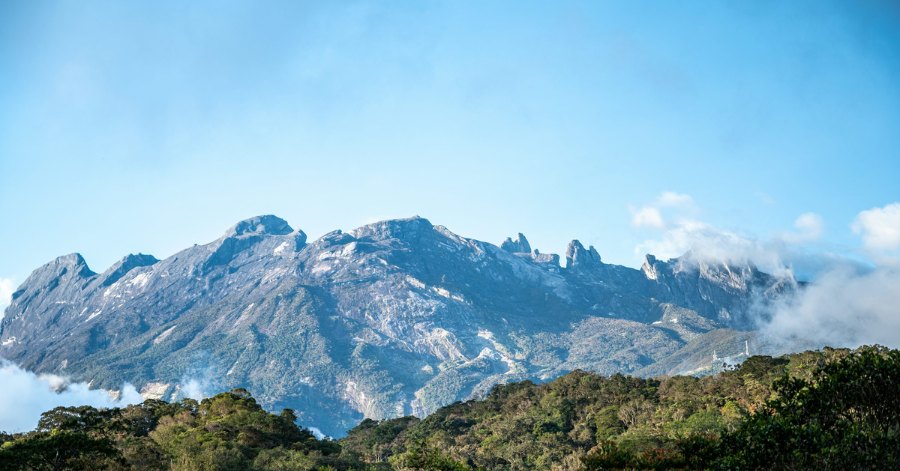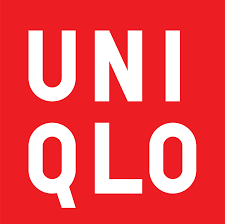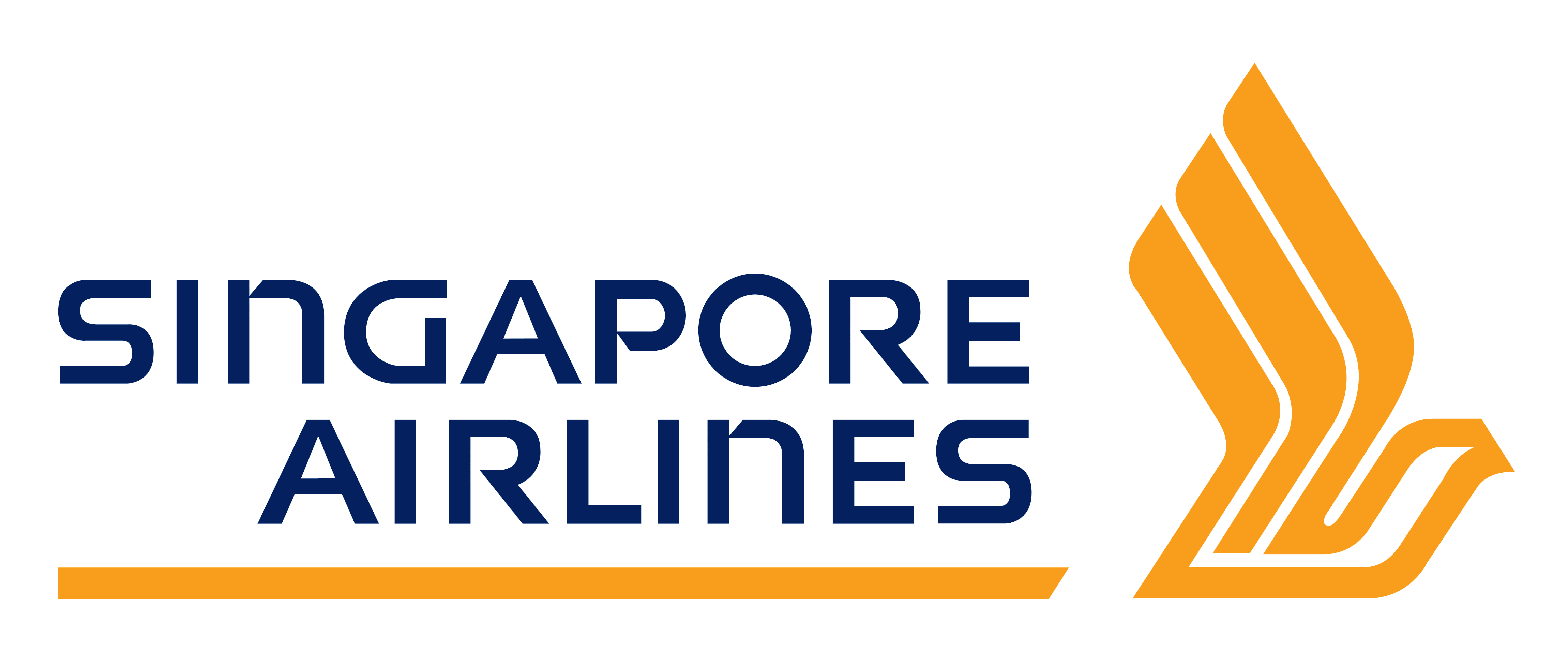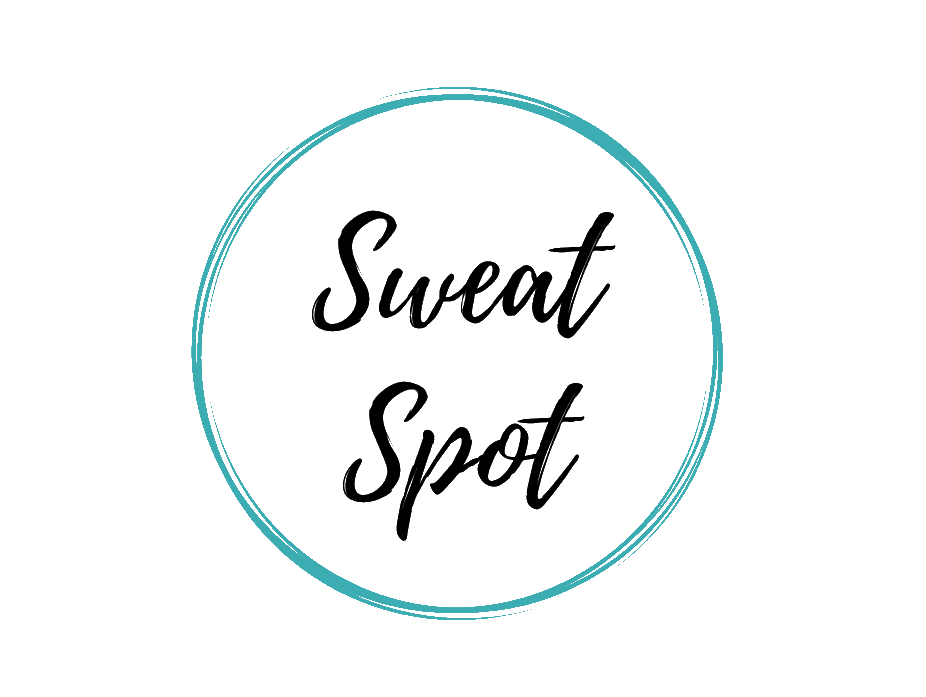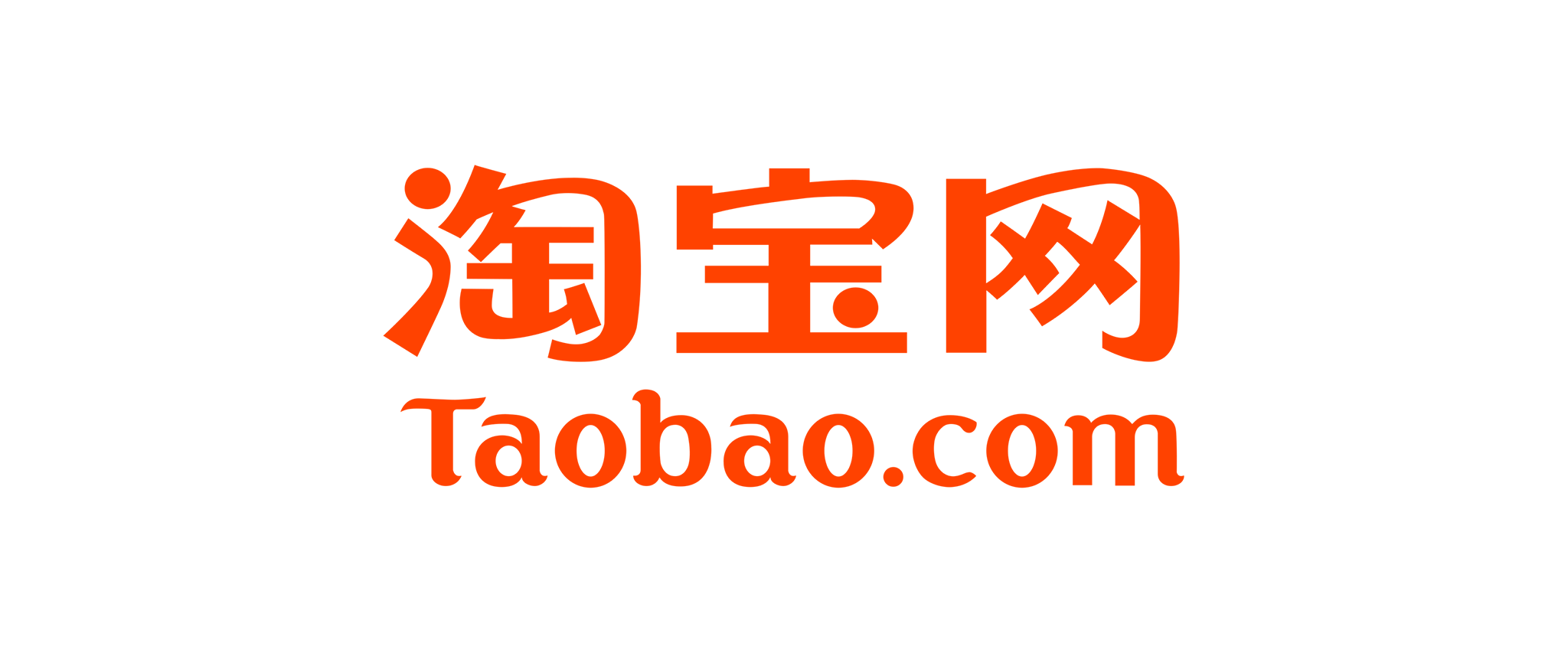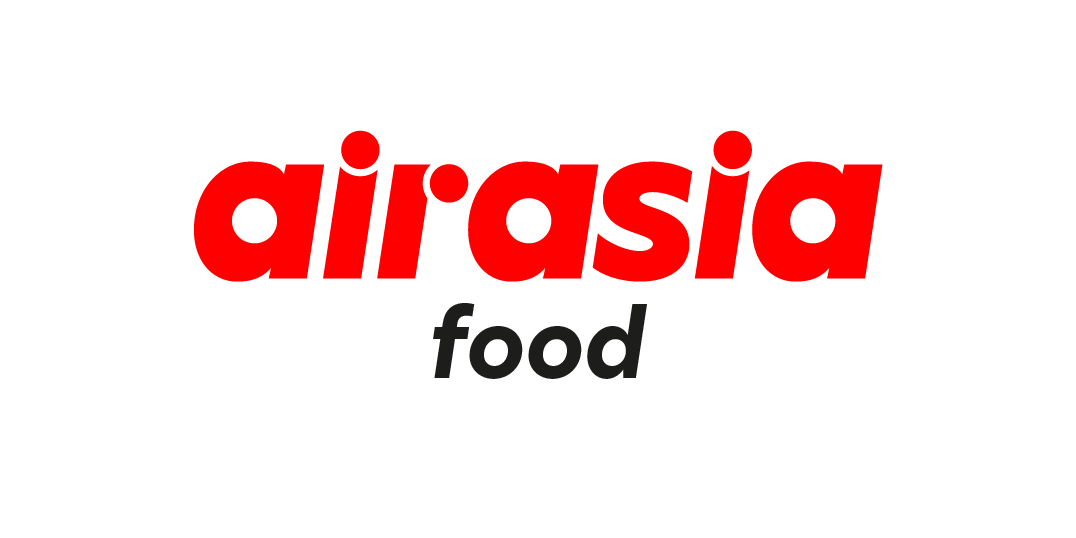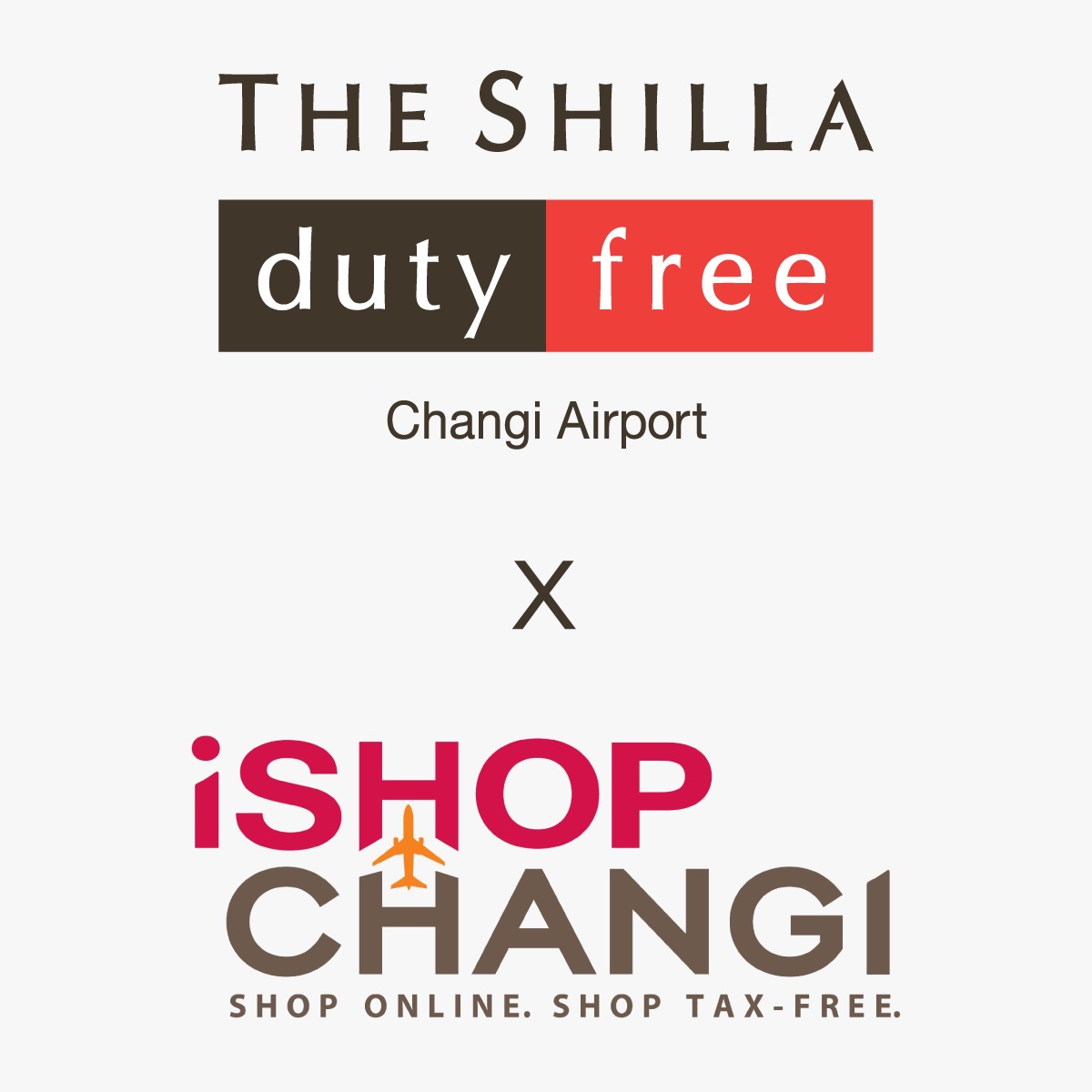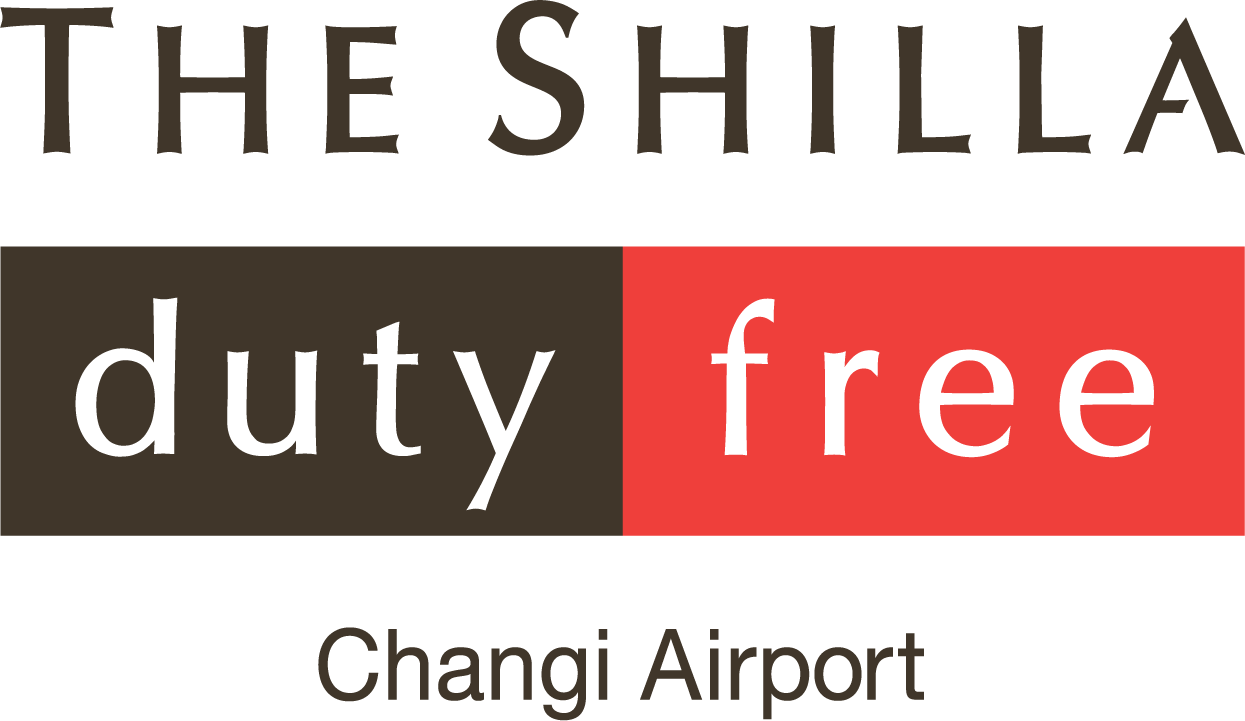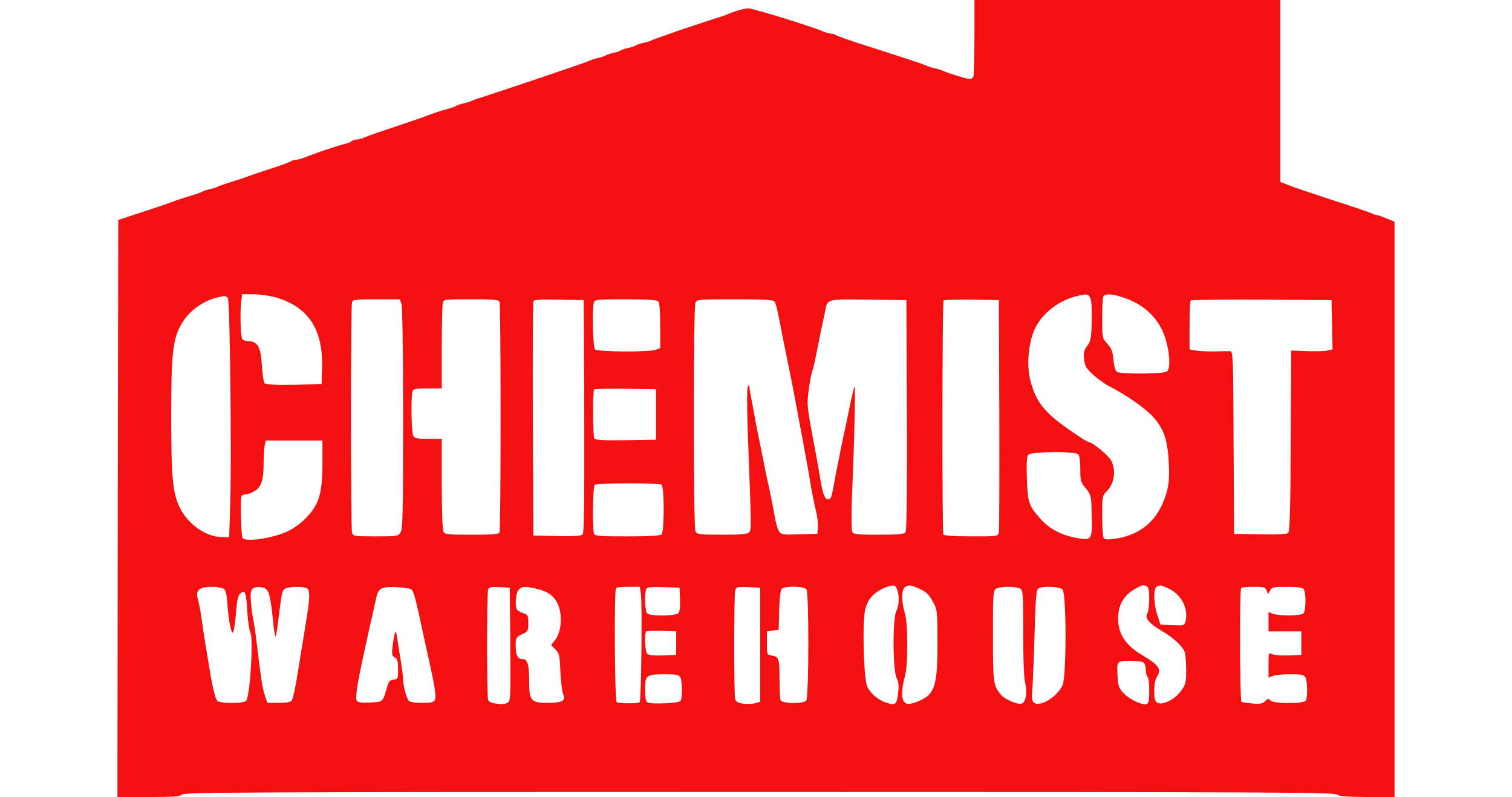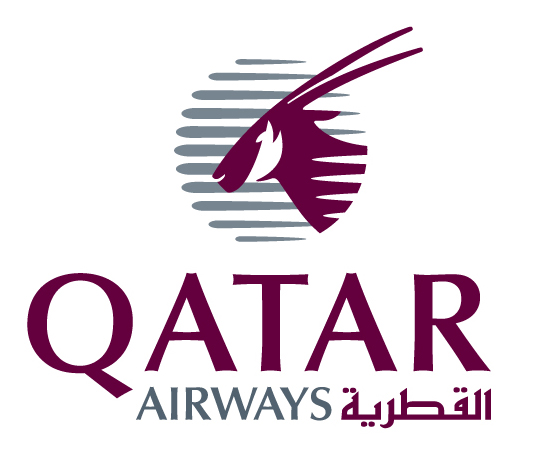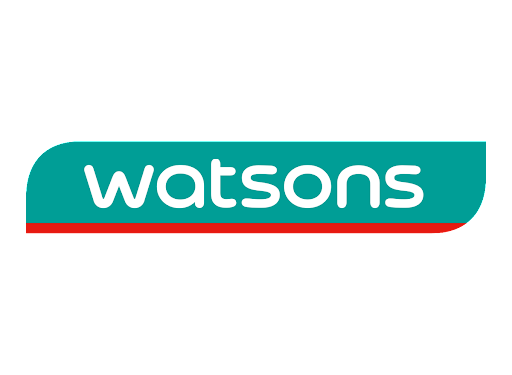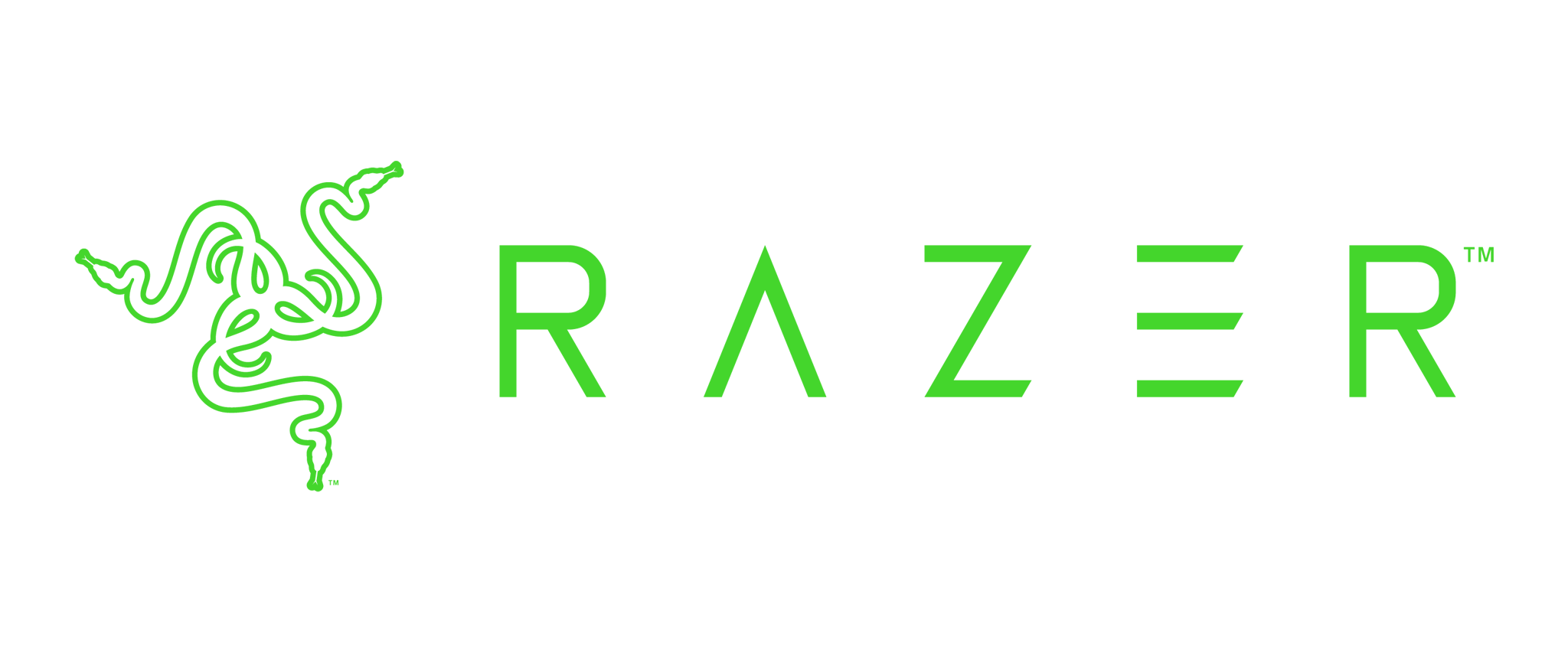With COVID-19 causing borders to close around the world, we’ll be updating this guide with popular countries that have re-opened to Singaporeans.
International travel is looking grim, to say the least. Many countries have completely prohibited non-citizens and residents from entering. Obviously, these precautions are only prudent in our uncertain times. That being said, some of us may still need to travel for important reasons – and for those of you who do, or who are just curious, we’ve got your back.
Guides to Resuming International Travel:
#1: Which Country Can I Travel to Now?
#2: Which Airlines Are Resuming Flights?
#3: Future of Air Travel After COVID-19
#4: When Can We Travel Again: 2023 Forecast
#5: Immunity Passports to Resume Travel
#6: Can Singaporeans Travel to Brunei & New Zealand?
#7: How Airlines Are Wooing You Back Onboard
#8: Post-COVID-19 Travel Habits
#9: How Tech & AI Are Helping to Reignite Tourism
#10: Singapore-Hong Kong Travel Bubble Guide
#11: Everything You Need To Know About Singapore’s COVID-19 Vaccinations
#12: Travel Corridor vs Travel Bubble: Everything To Know About Flying
We’ve scoured through government websites and news sources to compile a list of countries that are popular among Singaporeans, and are permitting our entry – including measures you’ll need to take when visiting. However, with that said, we’d still recommend that you double check against official government sources to stay on the right side of the law. In addition, we have to stress that you really shouldn’t travel right now, unless you absolutely have to.
Which Popular Borders Are Open to Singaporeans?
| Country | Restrictions |
| 🇧🇳 Brunei Darussalam | • 14-day self-paid quarantine • Negative COVID-19 test before departure |
| 🇨🇳 China (Mainland) | • ‘Fast lane’ sponsored by Chinese government or businesses • COVID-19 test before departure & upon arrival |
| 🇩🇪 Germany | • Measures to be updated by MOFA Germany |
| 🇭🇰 Hong Kong | • Measures to be updated by MOFA Hong Kong |
| 🇮🇩 Indonesia | • Submit travel history & controlled itinerary • Present negative COVID-19 test result before departure • To adhere to controlled itinerary once in Indonesia |
| 🇯🇵 Japan | • 14-day self-paid quarantine • Other measures be updated by MOFA Japan |
| 🇲🇾 Malaysia | • 14-day self-paid quarantine |
| 🇰🇷 South Korea | • Negative COVID-19 test before departure to be shown upon arrival • To adhere to controlled itinerary imposed by South Korean authorities |
| 🇹🇼 Taiwan | • Present negative COVID-19 test results before departure • 7-day self-paid quarantine • Self-paid COVID-19 test on 7th day of quarantine |
| 🇹🇭 Thailand | • Approved Certificate of Entry • Approved Fit-to-Fly Medical Certificate • 14-day self-paid isolation at Thai Government approved hotels • Documentation & payment showing your hotel booking, 6-month bank statement with funds not less than THB 500,000 (S$21941.86), & health + accident insurance coverage sold by Thai insurers |
| 🇬🇧 United Kingdom | • 14-day self-isolation |
🇧🇳 Brunei Darussalam
Brunei Darussalam has recently announced a Reciprocal Green Lane (RGL) arrangement with Singapore on 3 September 2020. Visitors who intend to travel to Brunei Darussalam are limted to: essential / official business travel, students, individuals seeking medical treatment and also visitors with compassionate circumstances.
Do I need to be quarantined in Brunei Darussalam: Yes. Once you arrive in Brunei Darussalam, you will have to head immediately to your declared accommodation, and you can only leave your accommodation to take the SARS-COV-2 RT PCR test at the designated center. You will have to be quarantined for 14 days and you are to self-report your condition via the BruHealth app.
What measures are in place in Brunei Darussalam: You’ll need to take a PCR test at least 72 hours before your departure from Singapore. Once you arrive in Brunei Darussalam, you’ll need to bear the cost of an additional PCR test. You’ll also have to stay in the location designated by the municipal government until your PCR test comes back negative. You also have to get a Brunei SIM card to activate the BruHealth app, where, you will have to be quarantined for 14 days and you are to self-report your condition via the app.
🇨🇳 China (Mainland)
Because of Singapore’s ‘fast lane‘ arrangement, Singaporeans sponsored by the Chinese government or Chinese businesses can visit the regions of Chongqing, Guangdong, Jiangsu, Shanghai, Tianjin, or Zhejiang.
Do I need to be quarantined in China: If you’re approved for ‘fast lane’ travel, you’ll only need to quarantine until your polymerase chain reaction (PCR) test returns a negative result. The PCR test is one of the few standard COVID-19 tests used worldwide.
What measures are in place in China: You’ll need to take a PCR test at least 48 hours before your departure from Singapore. Once you arrive in China, you’ll need to bear the cost of an additional PCR test. You’ll also have to stay in the location designated by the municipal government until your PCR test comes back negative. Don’t think you’ll get to explore while you’re there – the government agency or business sponsoring you’ll have the added responsibility of shuttling you between your place of work and your residence. You won’t be permitted to take public transport, anyway.
You can also take a look at this joint press statement released by the Ministry of Foreign Affairs and Ministry of Trade and Industry for more details.
🇩🇪 Germany
On 23 October 2020, Germany and Singapore have agreed on a Reciprocal Green Lane for its citizens. Details have yet to be announced, so keep a lookout on this space.
Do I need to be quarantined in Germany: Refer to this page for more information.
What measures are in place in Germany: Details have yet to be announced.
🇭🇰 Hong Kong
On 15 October 2020, Hong Kong and Singapore have agreed the first two-way air travel bubble in Southeast Asia. Details have been announced, check them out in our Singapore-Hong Kong Air Travel Bubble Guide.
Do I need to be quarantined in Hong Kong: No, you do not need to be quarantined in Hong Kong if you’ve received approval from Singapore authorities to travel within the Singapore-Hong Kong air travel bubble. You are also free to go wherever you want to, because there is no need to follow a controlled itinerary.
What measures are in place in Hong Kong: You will need seek approval with the Singapore authorities at least seven days before your departure, with a confirmed flight ticket. Then you will be able to take the PCR test needed to fly, and this has to be done 72 hours before departure. Once you arrive in Hong Kong, you will need to do another PCR test, and then abide to the social distancing guidelines they have there.
🇮🇩 Indonesia
On 12 October 2020, Indonesia and Singapore have agreed to establish a Reciprocal Green Lane (RGL) for short-term business and official travellers.
Do I need to be quarantined in Indonesia: No, if you have a valid negative PCR test result taken in Singapore. However, when you return to Singapore, you will need to be quarantined for 14 days.
What measures are in place in Indonesia: You will have to abide to the public health measures imposed by the Indonesian authorities. The full details can be found here. The usual applies, like wearing masks in public, physical distancing at workplaces and in public and not using public transport and you must subscribe to Indonesia’s version of SafeEntry, eHAC and PeduliLindungi.
Full application procedures for this RGL can be found on ICA’s website.
🇯🇵 Japan
Starting 18 September 2020, Singapore and Japan will facilitate official and business travel.
Do I need to be quarantined in Japan: Yes. You will have to be quarantined for 14 days, but certain business or official activities will be allowed. This is subject to the approval of the municipal government of Japan.
What measures are in place in Japan: All the measures stated by the Government of Japan are in place. This means that oince you arrive in Japan, you will have to take a PCR test and you’ll also need to bear its costs. You’ll also have to stay in the location designated by the municipal government until your PCR test comes back negative. You’ll also be subjected to a controlled itinerary given by the municipal government relating to your business or official activities, and you’re prohibited from taking public transport.
You can also take a look at this joint press statement released by the Ministry of Foreign Affairs Japan and Singapore.
🇲🇾 Malaysia
Do I need to be quarantined in Malaysia: Yes. For foreign nationals, you’ll have to pay RM150 (~S$48.90) for each day of the 14-day quarantine. You’ll also need to sign a LoU (Letter of Undertaking), which you can find on Malaysia’s Ministry of Foreign Affairs website. You’ll be quarantined in specific hotels that have been gazetted to hold people under quarantine.
What restrictions are there in Malaysia: Malaysia is currently under the Recovery Movement Control Order (RMCO). You’ll also need to submit your LoU and relevant documents to the Malaysian Consulate in Singapore, and await their approval before you can enter Malaysia. In Malaysia, interstate travel has largely resumed, and businesses are slowly beginning to open. You also have to download the MySejahtera app, which is similar to the TraceTogether app in Singapore. However, we recommend that you check the specific rules and regulations depending on which state you may be travelling to.
To find out more about social distancing measures, the Malaysian Ministry of Health has released a statement which you may find helpful.
🇰🇷 South Korea
Singapore and South Korea have agreed to implement a Fast Lane for South Korean residents and long-term pass holders to facilitate essential business and official travel.
Do I need to be quarantined in South Korea: Yes. You will have to be quarantined for one to two days until the result of the COVID-19 PCR test (that you took upon arrival) to be released. Once it has been released and you have a negative result, you will have to adhere to the South Korean authorities’ itinerary for the next 14 days.
What restrictions are there in South Korea: The Seoul / Gyeonggi region is under the Social Distancing Level 2 measures. You can find what it entails here, along with its public code of conduct. Some additional measures before travelling include an Endorsed Isolation Exemption Certificate by the South Korean authorities, COVID-19 PCR test upon arrival, and installation of ROK Government’s Self Health Check Mobile App, of which you have to report your condition and track your location.
🇹🇼 Taiwan
The Taiwan Centres For Disease Control has announced that business travellers from low-to-medium risk countries will be allowed into Taiwan. Singapore is among the list of countries classified as a medium risk country.
Do I need to be quarantined in Taiwan: Yes, all business travellers are required to quarantine for 7 days in an approved disease control hotel.
What restrictions are in place in Taiwan: Only business travellers approved by the Central Epidemic Command Centre (CECC) are allowed entry in to Taiwan. On top of that, you’ll have to present a negative COVID-19 PCR test taken within 3 days of your flight, before you’ll be allowed to board. You’ll need to take an out of pocket COVID-19 test on the 7th day of your quarantine, after which you’re required to self monitor your health till the 21st day of your visit.
More information on the restrictions in place in Taiwan are available from the Taiwan Centres For Disease Control.
🇹🇭 Thailand
Thailand has implemented a Special Tourist Visa for Singaporean citizens to apply for, where the applicant can stay in Thailand for up to 90 days.
Do I need to be quarantined in Thailand: Yes, for up to 14 days in an Thai Government-approved hotel, paid for in full prior to arrival.
What restrictions are in place in Thailand: Much of the restrictions are in the form of pre-flight and arrival procedures. There is a lengthy list of requirements have you to fulfill according to this infographic, but once you arrive, you are to abide to the public health measures implemented by the Thai Authorities.
🇬🇧 United Kingdom (UK)
Do I need to be quarantined in the UK: Yes, you’ll need to self isolate upon arrival for 14 days at your place of residence. You’ll also have to submit your journey and contact details through an online form once you have arrived in the United Kingdom.
What restrictions are in place in the UK: You’re encouraged to stay home as much as possible, and limit contact with others. When in public, a safe social distance of 2 metres should be maintained where possible. However, rules differ among the 4 countries that make up the United Kingdom. You can refer to the table below for more information on who you can meet outside, after your 14-day quarantine.
For more information on social distancing in the UK, you can check out this social distancing and self-isolation guide published by the BBC.
| England | Scotland | Wales | Northern Ireland | |
| How many people can I meet? | Up to 6 | Up to 8 from 2 households | Any number from 2 households | Up to 6 |
| Social distancing | 2m | 2m | 2m | 2m |
| Where I can meet? | Anywhere outdoors | Ideally within 5 miles of residence | Ideally within 5 miles of residence | Anywhere outdoors |
Now that you know which popular countries have re-opened their borders, we urge you to stay safe and travel only if absolutely necessary. Not to mention, you’ll need to serve a 14-day Stay Home Notice every time you return to Singapore. That’s a drag, for sure.
If you need to engage in essential travel, don’t forget to keep your trusty YouTrip card with you. Did we miss any popular country that has re-opened their borders? Let us know in the comments below or buzz us at content@you.co. Stay safe!
Related Articles
4 Haunted Hotels in Asia & Their Horror Stories
How I Lost $9,000 in Tokyo, Japan
Budget Holiday Plans Gone Wrong







